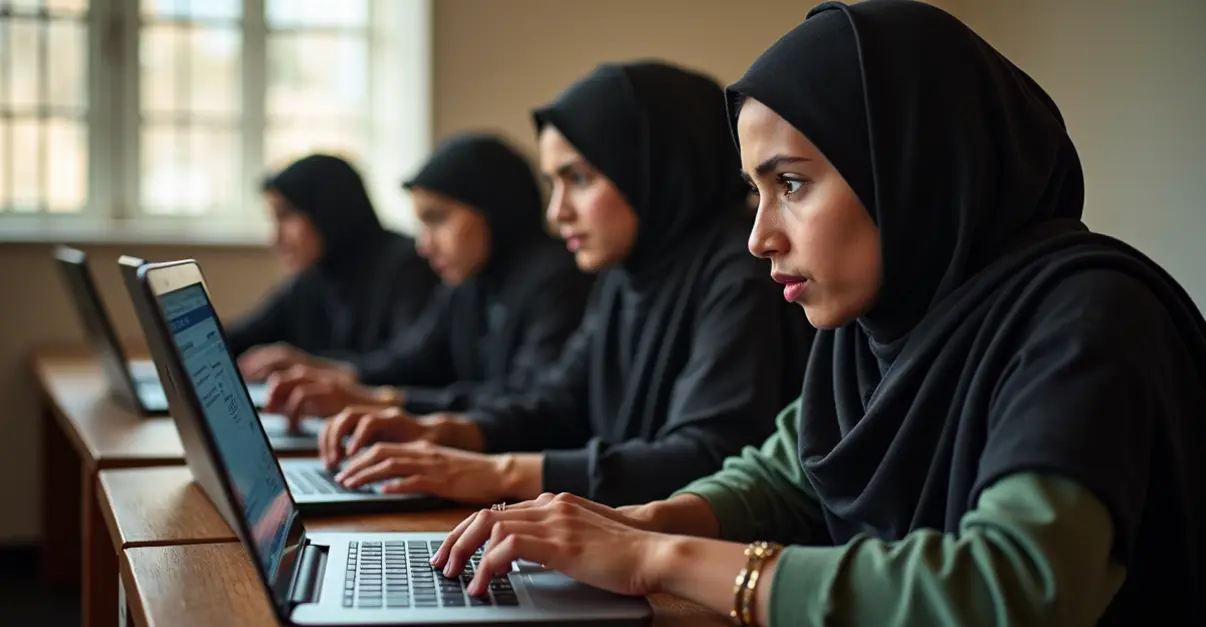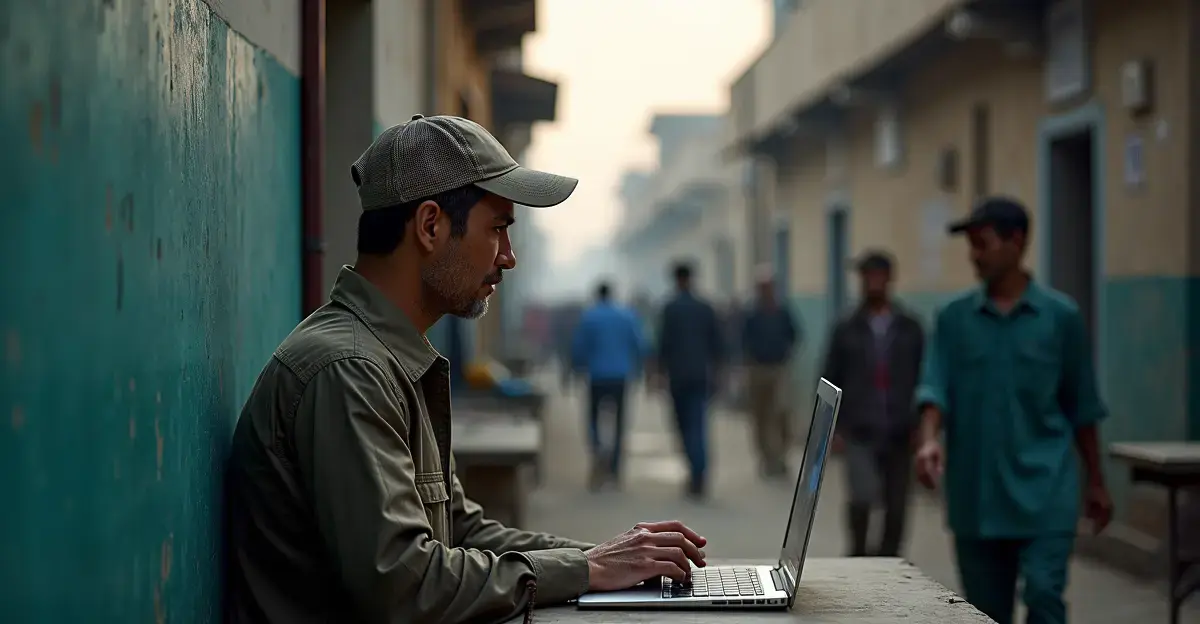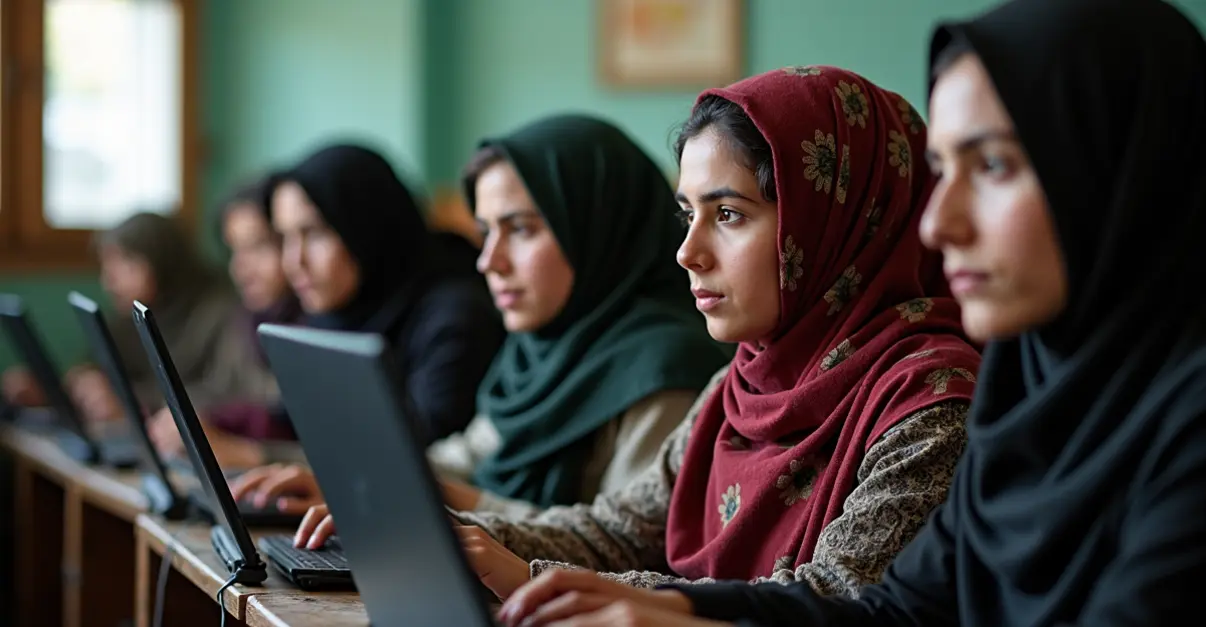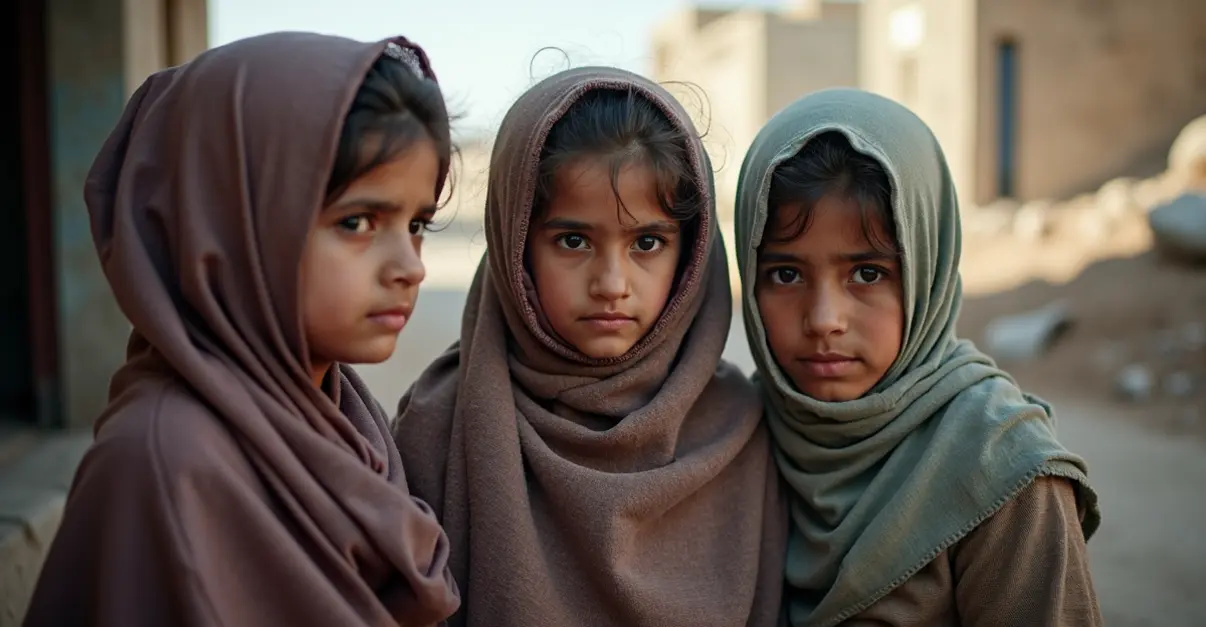Academic Purge Targets Women's Literature and Rights Education
The Taliban regime in Afghanistan has escalated its crackdown on women's rights by banning all books written by female authors from university curricula. This sweeping measure, announced on September 19, 2025, affects 670 textbooks across 18 academic subjects, including 140 works authored by women.
The ban extends beyond literature to include subjects deemed "contrary to sharia and Taliban policy," eliminating courses on human rights, democracy, constitutional law, philosophy, and sexual harassment. Six of the prohibited subjects specifically focus on women's rights, including gender and development, women's roles in society, and women's sociology.
Systematic Elimination of Women's Voices
Zakia Adeli, former Deputy Minister of Justice, told the BBC: "Given the Taliban's misogynistic mindset, it's logical that women, besides being banned from higher education, now see their views, ideas, and writings suppressed."
The move represents the latest in a series of restrictions imposed since the Taliban regained power in 2021. Women have been systematically excluded from public life, barred from education beyond primary school, and restricted from most employment opportunities.
Internet Restrictions Compound Isolation
Coinciding with the academic purge, the Taliban imposed a nationwide ban on fiber-optic internet, severing millions of Afghans from global connectivity. The ban, justified as preventing "immorality and sin," has already taken effect in 10 of Afghanistan's 34 provinces.
This digital isolation particularly impacts women who relied on online resources for education after being banned from formal schooling. The restrictions extend beyond educational materials to include social media platforms like TikTok and Facebook, which were previously banned.
International organizations have condemned both measures. The Afghanistan Media Support Organization warned that the internet ban "withholds information and essential services from citizens while posing a serious threat to freedom of expression and media work."
International Condemnation and Legal Action
The International Criminal Court in The Hague issued arrest warrants in July 2025 for two Taliban leaders—Supreme Leader Haibatullah Akhundzada and Chief Justice Abdul Hakim Haqqani—for "crimes against humanity through the persecution of girls and women based on their gender."
Most countries continue to refuse recognition of the Taliban government due to its systematic oppression of women, further isolating Afghanistan internationally and exacerbating the country's economic crisis and widespread poverty.
Source: BBC News

 Nederlands
Nederlands
 English
English
 Deutsch
Deutsch
 Français
Français
 Español
Español
 Português
Português










